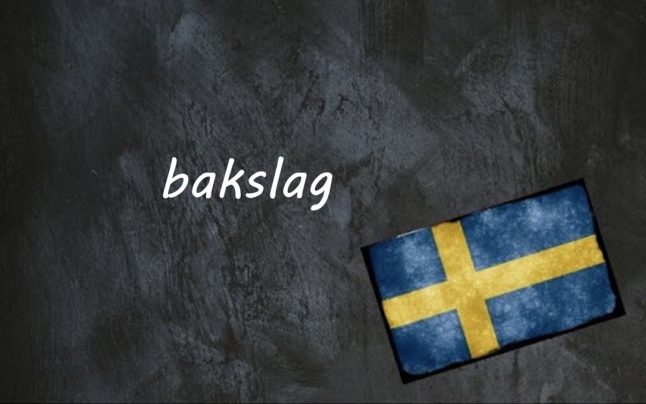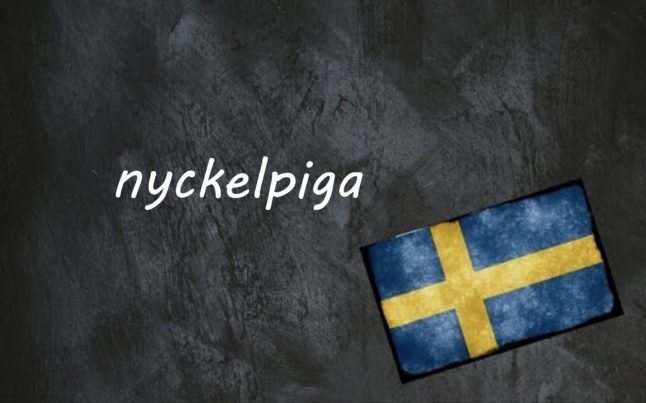Bakslag is a compound word made up of bak – back, and slag – hit. It refers to something unexpected and negative which derails or delays the progress of some sort of goal or event, and can best be translated as a setback in English.
According to Sweden’s Old Farmer’s Almanac, Bondepraktikan, which was a guide to the weather, the seasons, and tips for growing produce based mostly on folk tales, first published in the 1600s, there are sju bakslag innan våren kommer – or seven setbacks before spring arrives.
These setbacks usually include unexpected cold snaps or snowstorms which arrive in February and March, just when you start to think spring has actually sprung, and which can wipe out small seedlings if planted too early.
- Don’t miss any of our Swedish words and expressions of the day by downloading our new app (available on Apple and Android) and then selecting the Swedish Word of the Day in your Notification options via the User button.
You might also see it in the term åka på bakslag – to meet or be hit by a setback.
Obviously, recommendations from Bondepraktikan should be taken with a pinch of salt – it also states, for example, that if Christmas falls on a Wednesday there will be a good winter, a rainy and snowy spring, a warm summer and a cold autumn – but it’s definitely the case that the weather is changeable this time of year across most of the country.
Bakslag has a couple of other, less common, meanings in Swedish. It can refer to a kickback in the sense of a sudden forceful recoil, for example when using a gun or power tool, like a circular saw, and is another word for the biological term atavism, where traits from an ancestor recur in a later generation.
Example sentences:
Partiet fick ett bakslag i valet och gick från 6 till 4 procent
The party had a setback in the election, dropping from 6 to 4 percent.
Bakslag för den nya medicinen – det blev inte godkänt av EU
Setback for the new medicine – it wasn’t approved by the EU.
Villa, Volvo, Vovve: The Local’s Word Guide to Swedish Life, written by The Local’s journalists, is available to order. Head to lysforlag.com/vvv to read more about it. It is also possible to buy your copy from Amazon US, Amazon UK, Bokus or Adlibris.



 Please whitelist us to continue reading.
Please whitelist us to continue reading.
Member comments